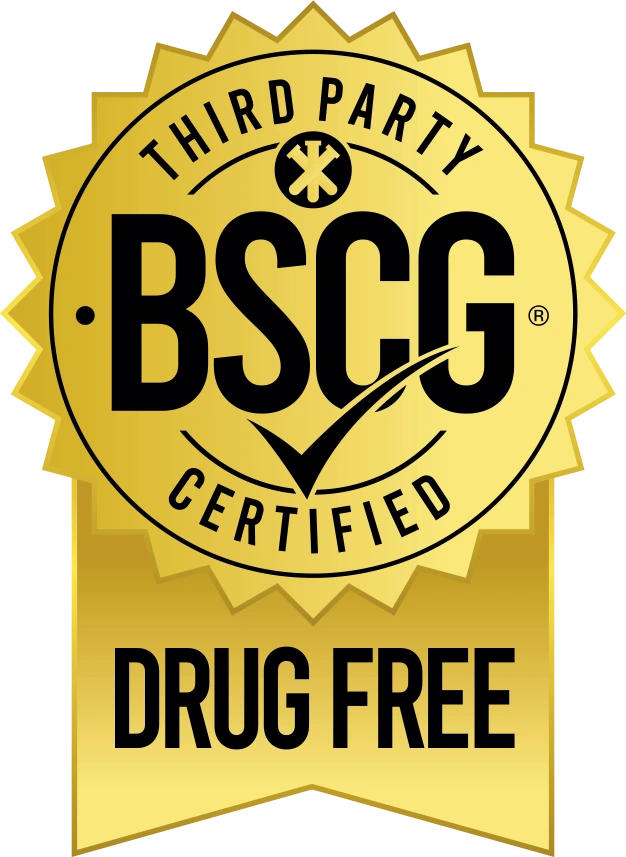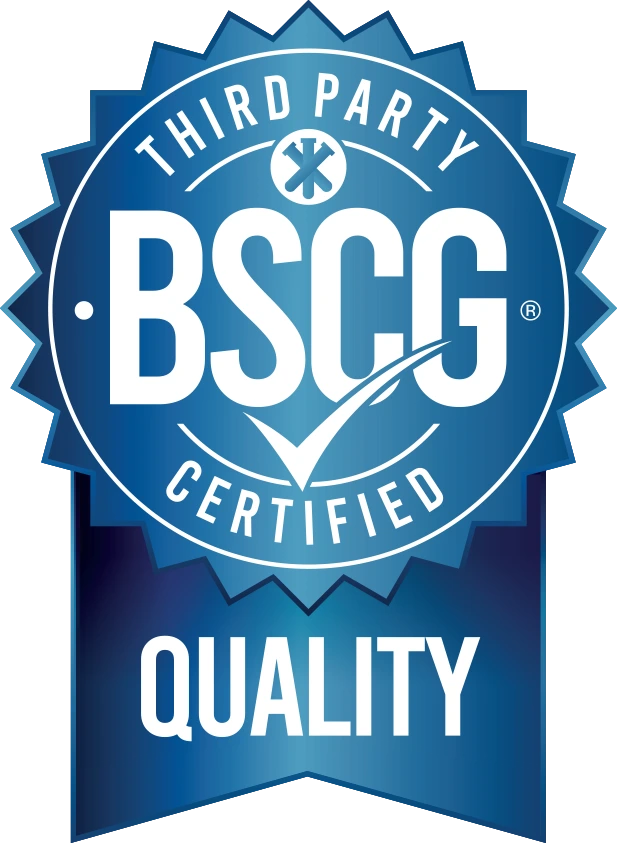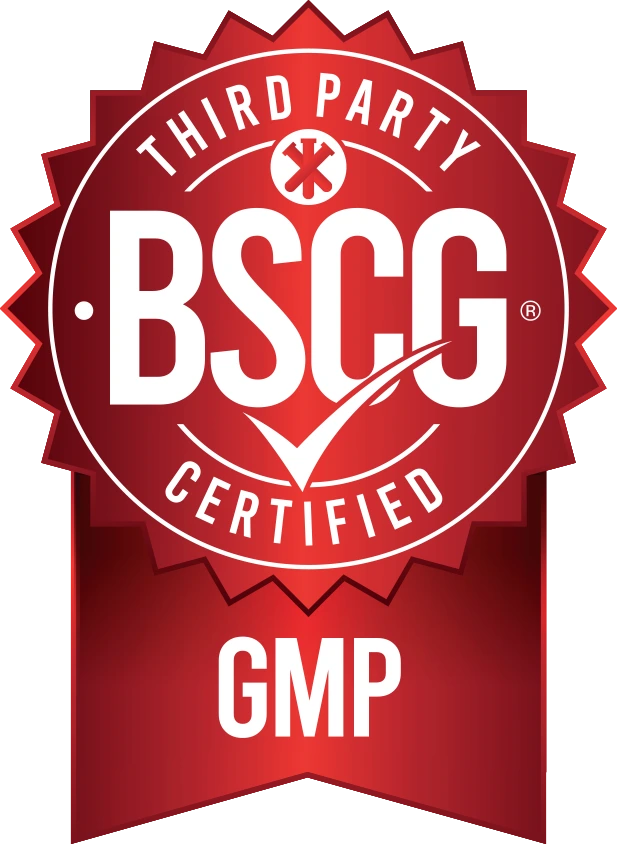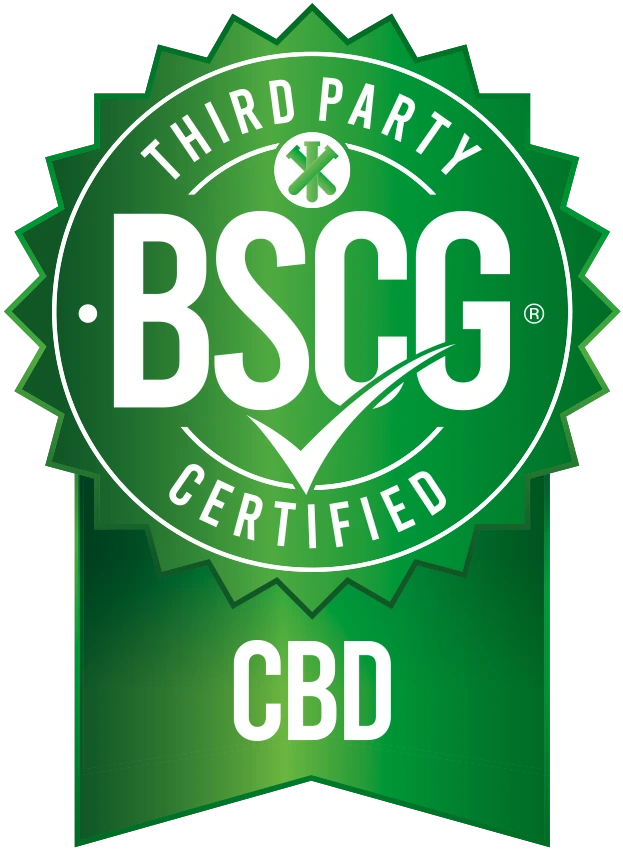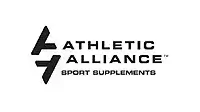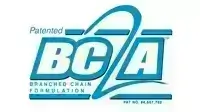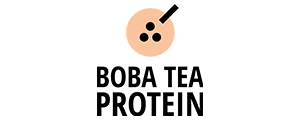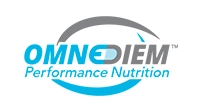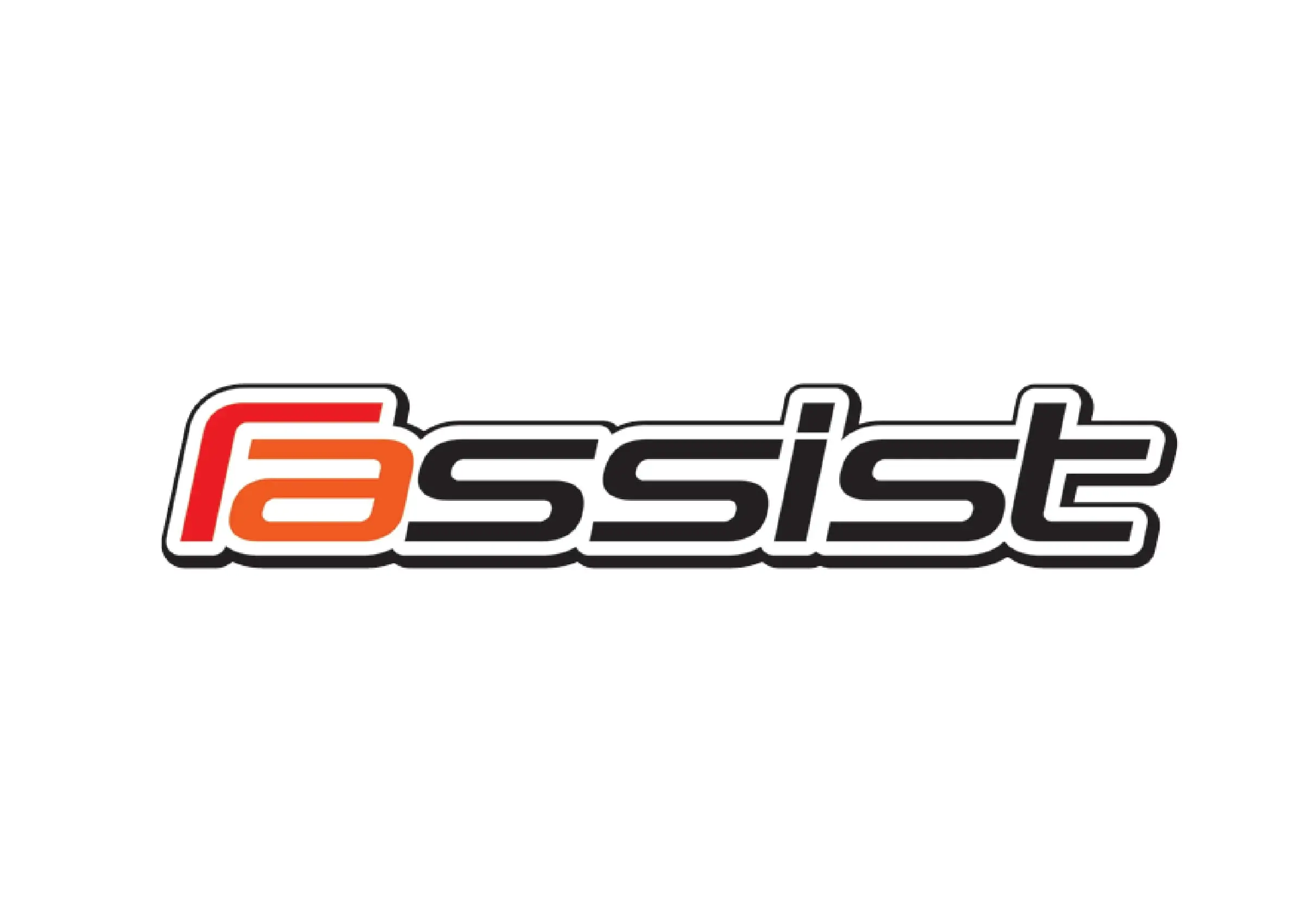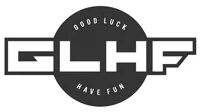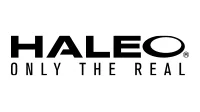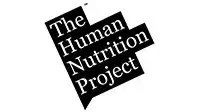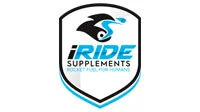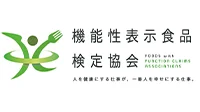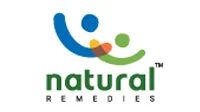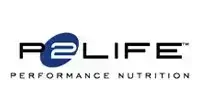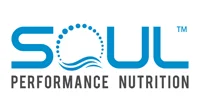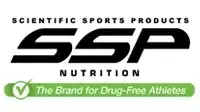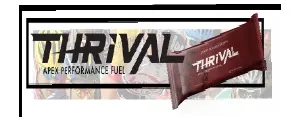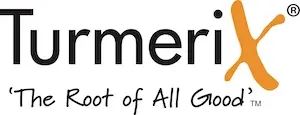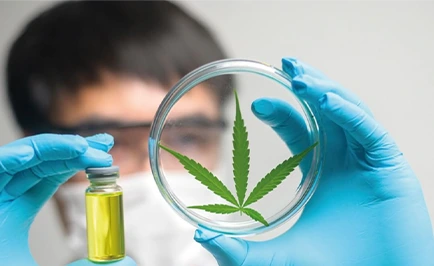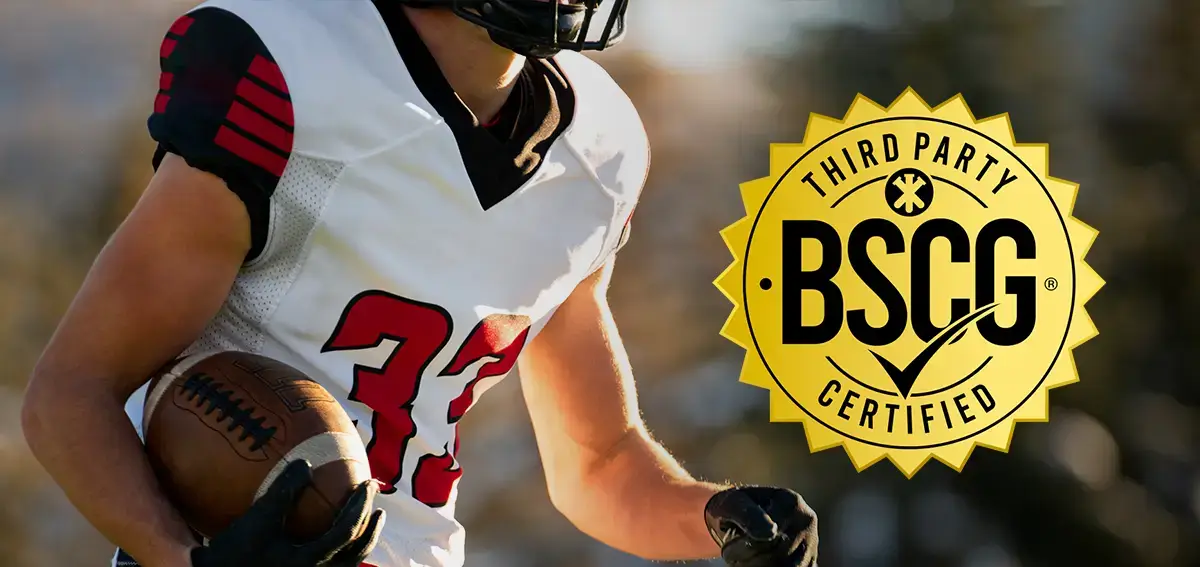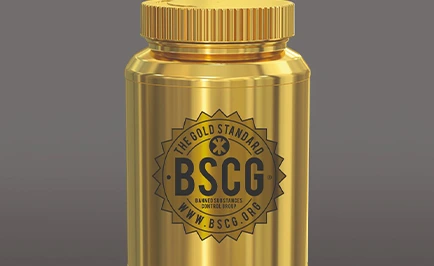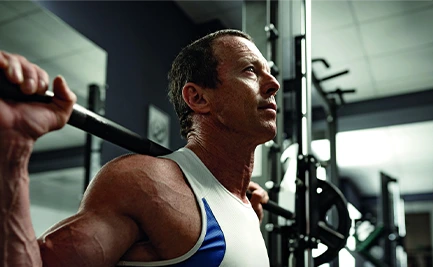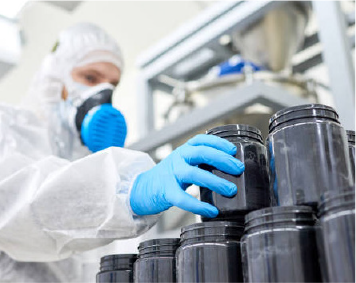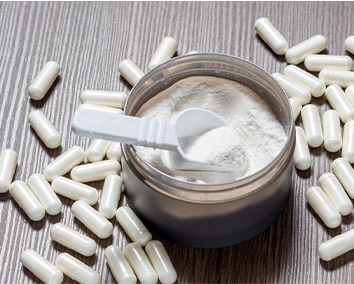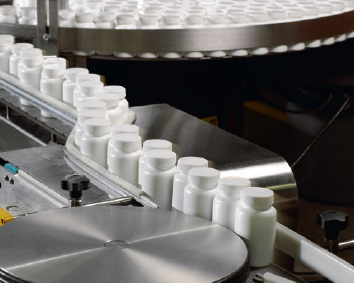X Games a Spectacle of Sport With No Sport Drug Testing
Jan 23, 2025
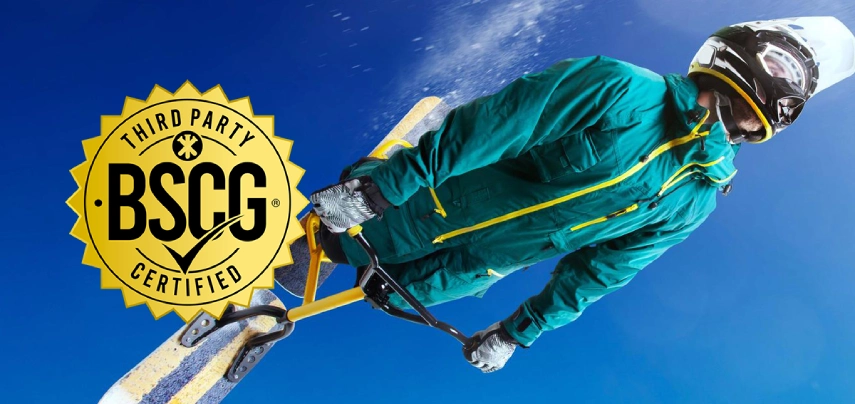
X Games a Spectacle of Sport With No Sport Drug Testing
The X Games has always been a celebration of rebellion as it showcases the epitome of extreme sport. Sure, there’s the explosive creativity, but at its core, it’s a defying gravity middle finger to the boring boundaries of the everyday grind. Since the X Games started in 1995, it has come to represent the counterculture to traditional sports with all its rules. The athletic performances seen at the X Games are without parallel. Yet, in a world where athletic competition is increasingly scrutinized for performance-enhancing drug (PED) use, the X Games remains an outlier. The competition’s lack of mandatory drug testing has raised questions about ethics, fairness, and where entertainment and competitive integrity intersect.
A Culture of Freedom or a Question of Oversight?
X Games competitors are every bit the athletes as those in traditional sports. That said, even competitors in less physical sports like archery and golf are drug tested, but the X Games has always embodied an ethos of nonconformity. This spirit has cultivated an environment that celebrates risk-taking, both in the stunts performed and, arguably, in the personal choices of some of its athletes. Cannabis is perhaps the most common drug associated with the X Games, and some competitors are not exactly shy about using it, even during competition. Beyond cannabis, the X Games is not considered to be a hotbed of PEDs, but neither is golf, and they still drug test. At this point, anything goes in the X Games. Contrast this to a gold medal Olympian like Jessica Fox, who for the last 12 years had to log her whereabouts every day, citing where she slept and trained and giving a one-hour window every day where a drug tester could test her. This vast difference in approaches to PEDs is certainly glaring, but it has not stopped the X Games from flourishing as the pinnacle of extreme sports. So much so that the Olympics seem to want more sports made famous at the X Games, heightening the controversy.
WADA’s Stance on X Games
The fact that the World Anti-Doping Agency (WADA) isn’t happy with the lack of testing shows a growing tension between the values of extreme sports and the global push for clean competition. Thomas Bach, President of the International Olympic Committee (IOC), expressed disappointment over the lack of drug testing at the 2016 X Games in Oslo, Norway. “We want to see the clean athletes protected in all sports events, so we will discuss this issue with WADA,” he said, echoing sentiments that PED use tarnishes the spirit of fair play. And little has changed in almost 10 years. When you look at traditional sports in the context of events, the Olympics are played by a set of rules that are often very different from the X Games, or at least they used to be. Before 2003, you couldn’t go inverted in Olympic mogul skiing, not it’s encouraged the way it is in the X Games. Perhaps a sign of the influence the X Games has had in Olympic circles. While snowboarding and freeskiing, staples of the X Games, are now featured in the Olympics, the X Games sets itself apart from the rest as a counterculture event. Its reputation as a made-for-TV spectacle blurs the line between sport and entertainment. In some ways, this challenges WADA's call for conformity.
Setting Examples
There’s a double standard at play. In mainstream sports like the NFL and NBA, drug testing is essential to uphold the integrity of the game. Yet, in the X Games, where athletes also execute physically demanding feats far beyond our imaginations, it’s okay to be an enhanced athlete. That’s not to say the X Games athletes are enhanced. We simply don’t know if the realm is impacted by PEDs. In MLB, we knew there was a problem with PEDs that needed to be addressed. There is no sign that is the case in the X Games. That said, the lack of testing can allow doping to creep into the realm, and you never know when younger athletes seeking to emulate their idols may try to enhance their performance in some way. These days, the line between innocent dietary supplements and drugs banned in sports is often blurred in the online marketplace, where anything also goes. Experimental, unapproved drugs like Selective Androgen Receptor Modulators (SARMS) are often sold online as quick solutions to enhance performance. PEDs, in general, are often banned in part due to their potential to cause harm, and without guardrails, X Games athletes may fall victim to the unwanted adverse effects of the not-so-underground realm of PEDs. For those that love the X Games, as we do, the last thing we want is to normalize casual doping, but perhaps the solution isn’t to strip the X Games of its personality with harsh drug testing but to implement measures that draw some lines while still respecting its culture.
Third-Party Certification Programs Offer a Middle Ground
Third-party certification programs for dietary supplements perhaps offer a middle ground as they allow athletes to seek performance enhancement but in a safer environment. Programs like BSCG Certified Drug Free, Informed Sport, or NSF Certified for Sport start with a review of product ingredients to ensure they are not banned in sport and are made with legal and legitimate ingredients. They also audit compliance with GMP, review quality control and label claim testing, and test individual lots of supplements to ensure they are free of banned substances. These third-party certification programs don’t say no the way sport drug testing programs do. Rather, they allow athletes to say yes to high-quality supplements that have been vetted and tested for PEDs. Third-party certification is acknowledged as a resource in some realms of Olympic and Professional sports. If the X Games directed athletes to resources like third-party certification providers, it would create positive reinforcement of good habits and healthy attitudes towards PED use without any impact on the culture that remains the foundation of the X Games.
Drawing a Line in the Snow
As fans gather in Aspen this January for the Winter X Games, they’ll see incredible feats of courage and skill that certainly look like they could be improved by artificial enhancement, but they won’t see any drug testing. WADA wants drug testing in every sport, but to others, the harsh drug testing measures could deleteriously impact the freedom and culture that makes the X Games great. Dietary supplements, in general, are often scourged by anti-doping authorities because of the high risk for contamination with banned substances, but with the majority of athletes using them, that perspective overlooks the fact third-party certification like the BSCG Certified Drug Free program can be an important resource to keep athletes away from PEDs. In a drug testing-free environment like the X Games, and also in any environment with strict drug testing, third-party certification might just be the type of positive messaging and tool needed to help keep athletes clean and healthy. The X Games will always be known as a bastion of individuality and innovation, and none of us want that to change, but it would be a shame for it to ever be marred by PED use, and with an open environment and little attention to the issue, the possibility exists. Third-party certification is a simple way to promote a PED-free environment and allow the X Games to take a stand for clean competition without jeopardizing its rebellious soul and fearless pursuit of athletic boundaries.



